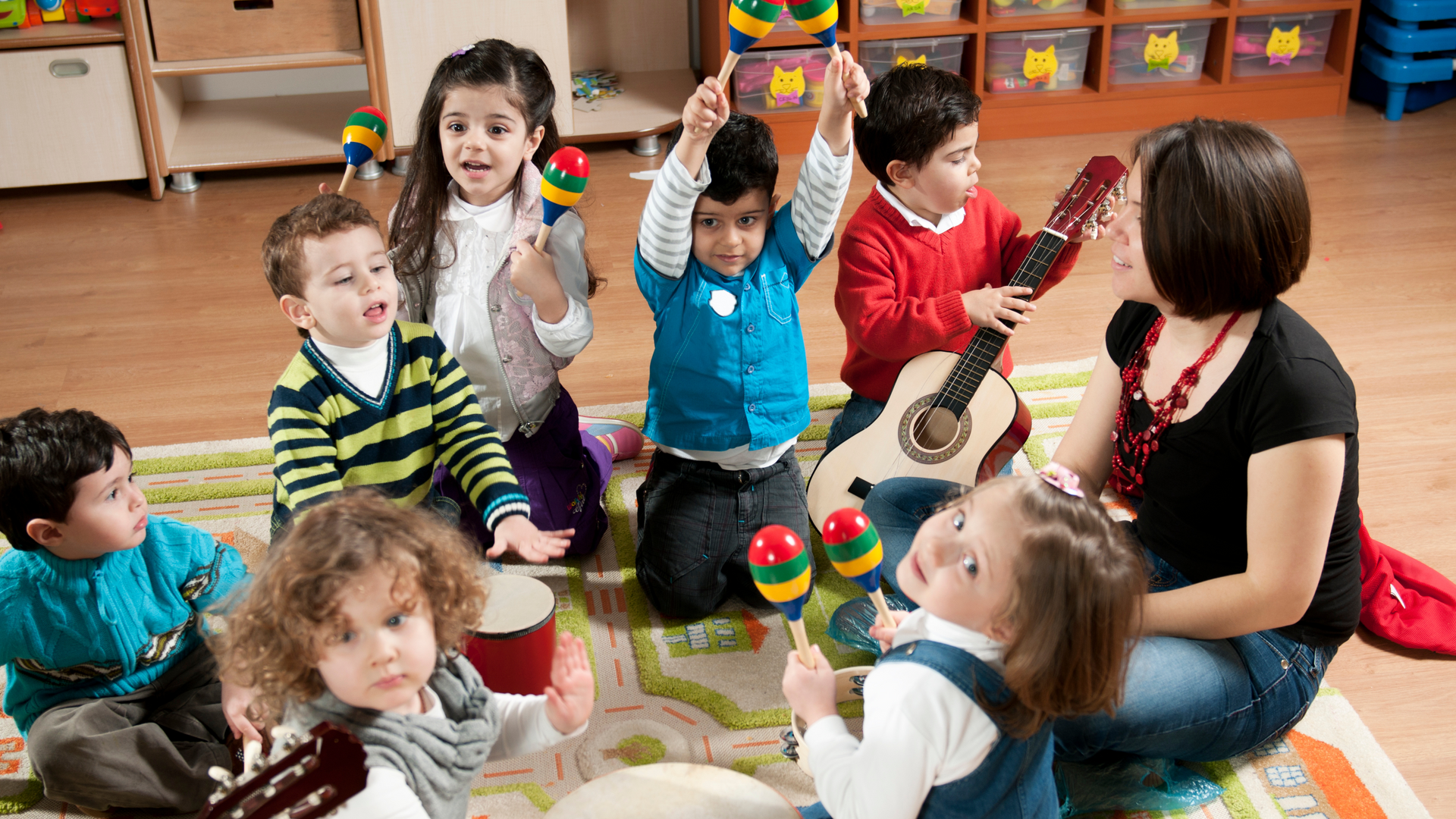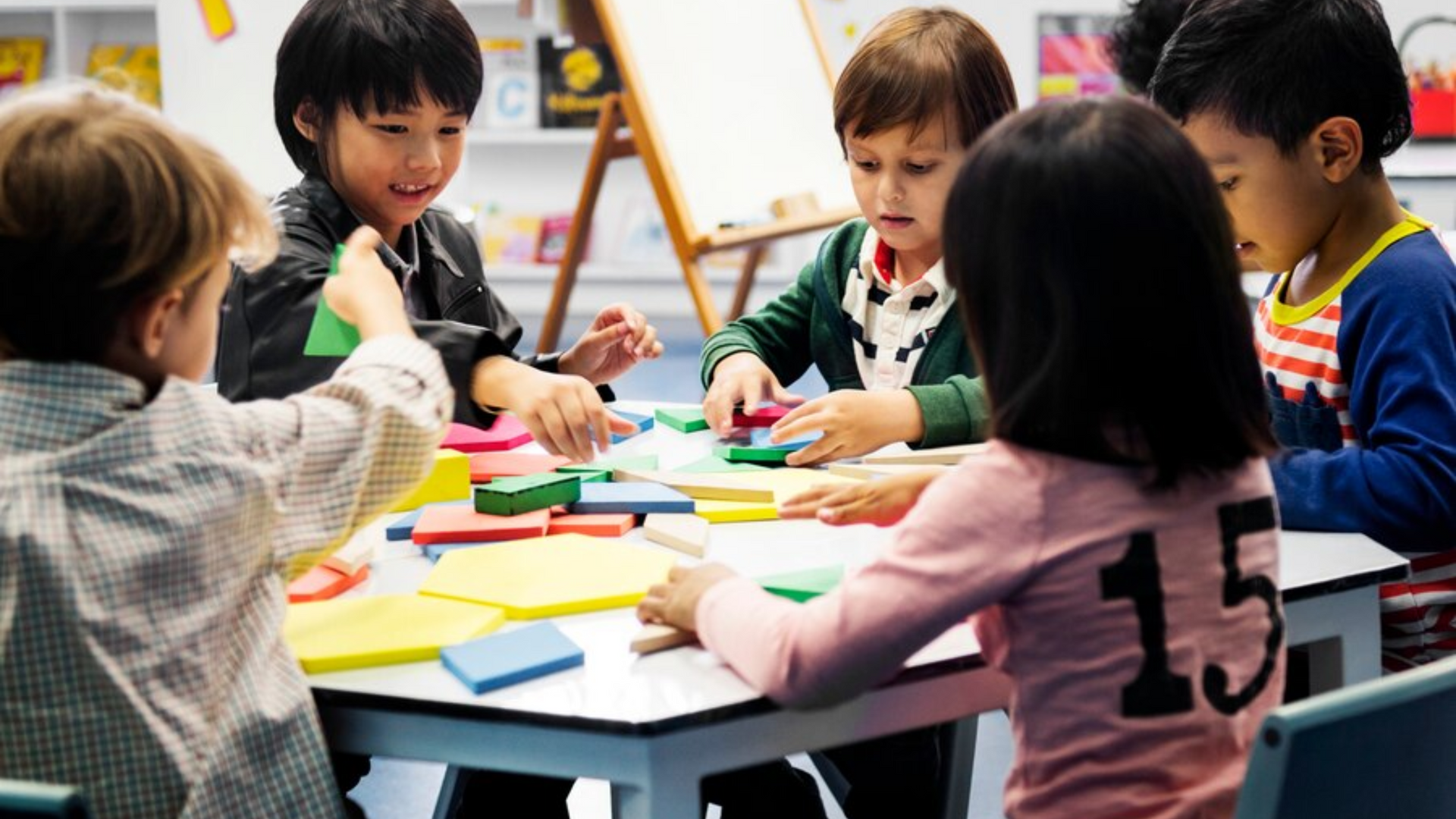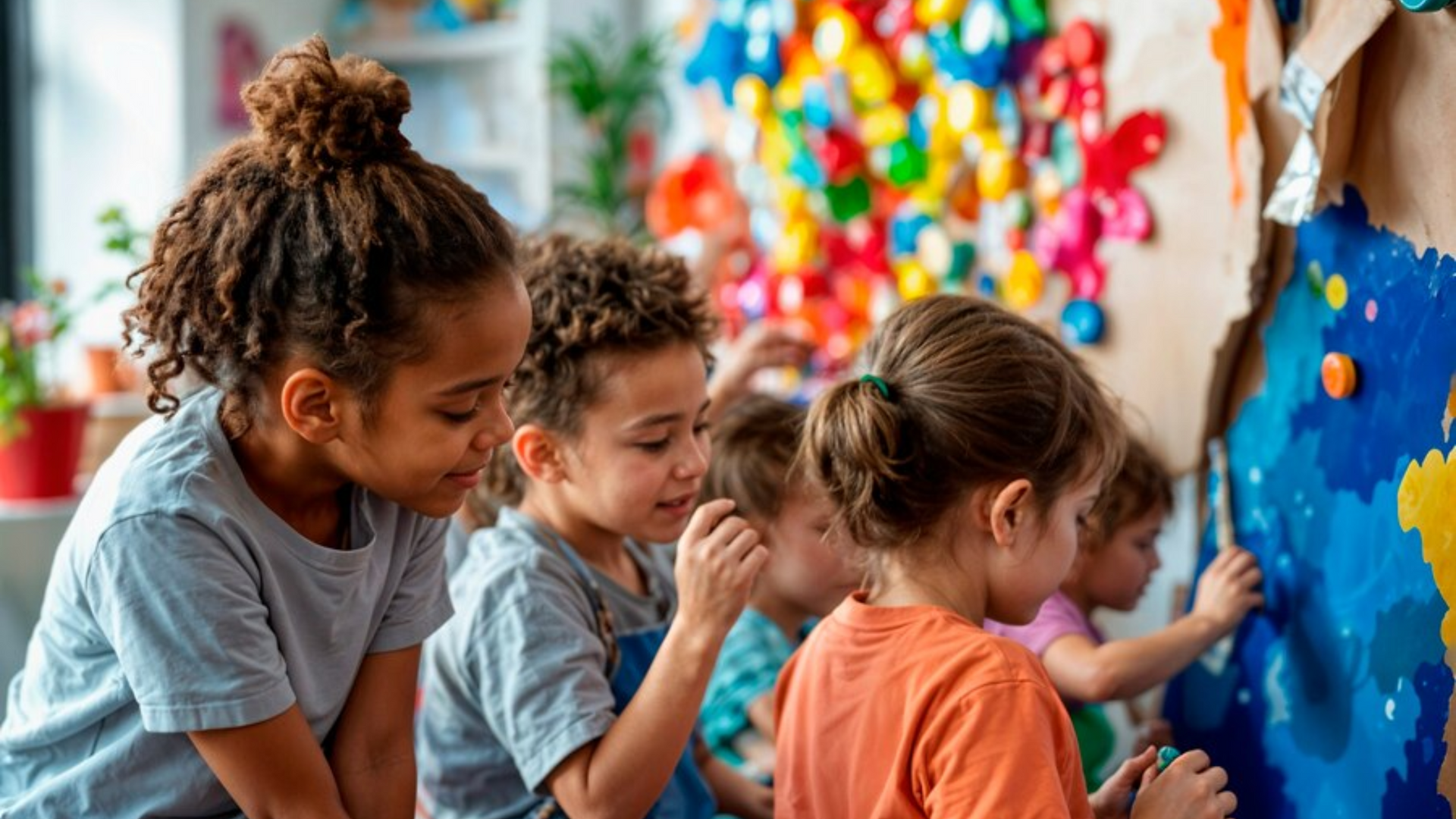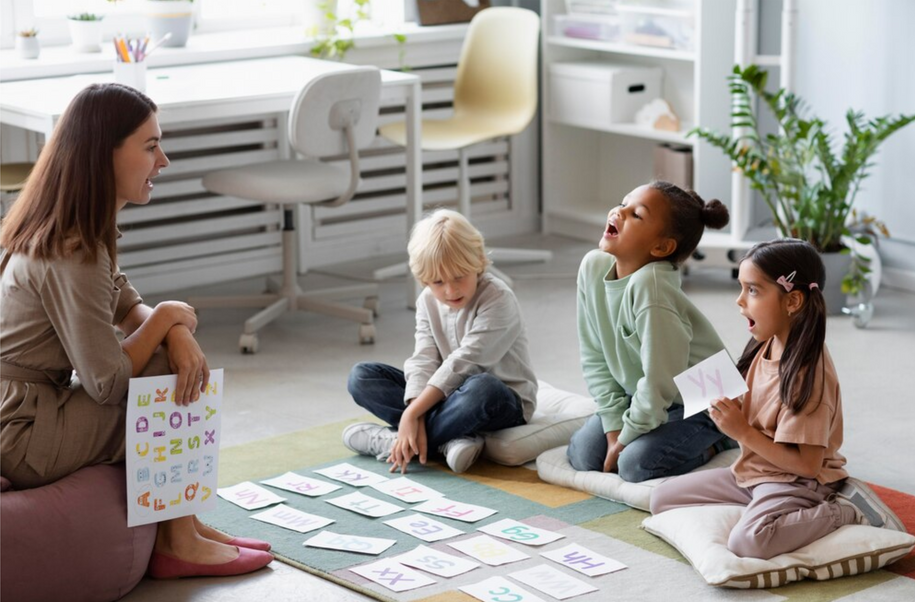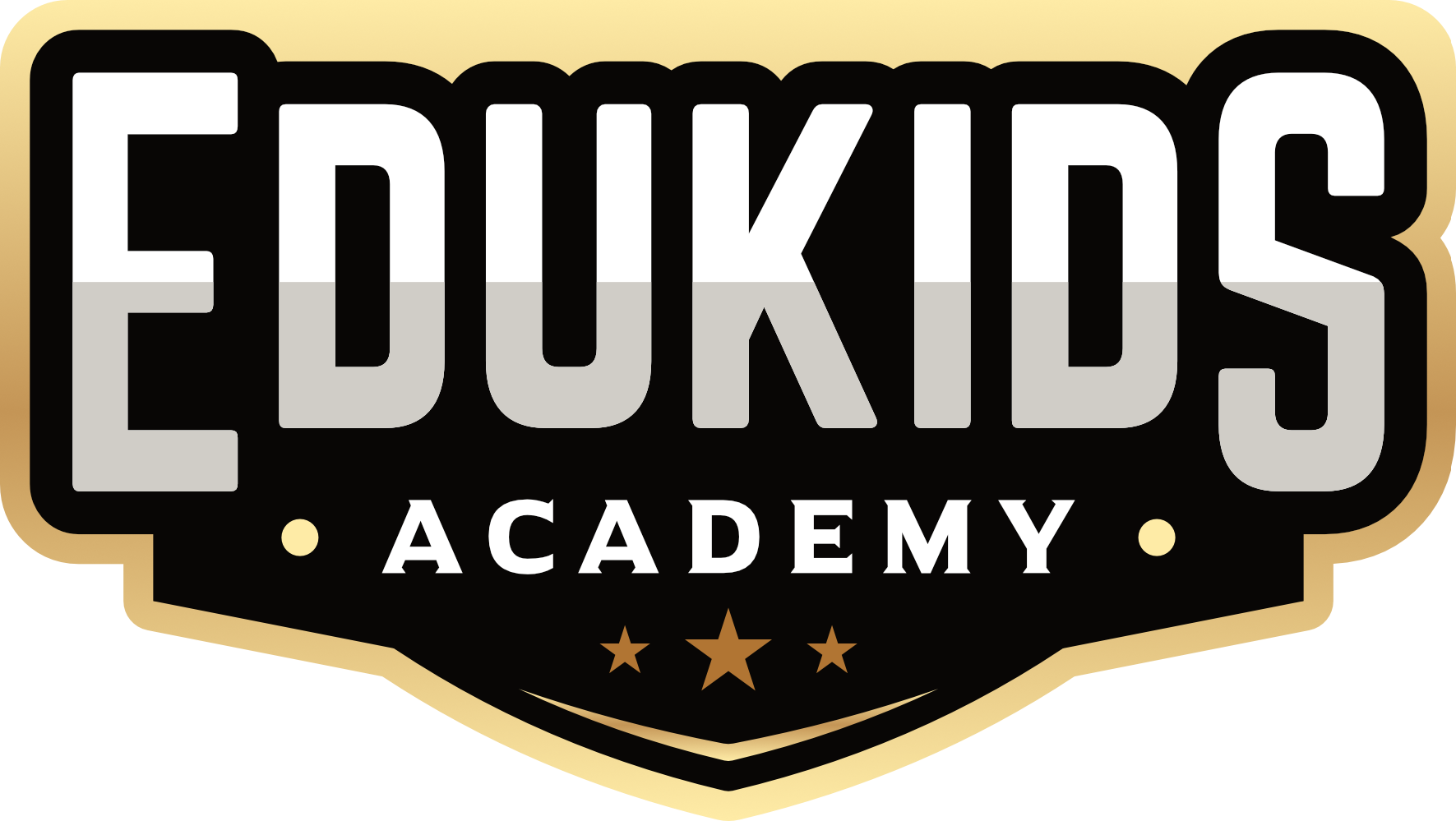Top 10 Educational Games for Preschoolers to Try at Home

As parents, we always want to ensure that our children are not only entertained but also learning as they play. Educational games are an excellent way to engage preschoolers while enhancing their cognitive, social, and emotional development. At Edukids Academy, we understand that play is one of the best ways young children learn and develop vital skills, which is why we've compiled a list of 10 fantastic educational games you can try with your preschooler at home.
Whether your child is interested in numbers, letters, creativity, or problem-solving, there’s something for every little learner on this list. So, let’s dive into the top 10 educational games that will keep your preschooler engaged and learning while having fun!
1. Simon Says
This classic game is more than just a fun activity—it’s a great tool for developing listening skills, self-regulation, and following instructions. In Simon Says, one player gives commands (e.g., "Simon says touch your nose") while others must follow only if the command is preceded by "Simon says." This helps children strengthen their ability to pay attention, think quickly, and understand verbal cues.
Skills developed:
- Listening
- Self-regulation
- Following instructions
2. Memory Matching Games
Memory matching games are simple but highly effective in improving memory and concentration. You can create a set of cards with pairs of images, letters, or numbers, and your child needs to match the pairs. This game enhances cognitive skills such as visual discrimination, memory recall, and focus. You can make the game progressively harder as your child gets better, introducing new themes or more cards.
Skills developed:
- Memory recall
- Visual discrimination
- Focus and attention span
3. Building Blocks (e.g., LEGO, Wooden Blocks)
Building blocks are not just toys; they are educational tools that encourage creativity, problem-solving, and spatial awareness. By stacking, sorting, and arranging the blocks in different configurations, your preschooler will work on fine motor skills and learn about balance and structure. You can also ask your child to replicate simple structures or create their own designs, which boosts their imagination and engineering skills.
Skills developed:
- Fine motor skills
- Creativity and imagination
- Problem-solving and spatial awareness
4. Puzzle Games
Puzzles are a fantastic way to develop problem-solving skills and cognitive reasoning. From simple wooden puzzles for younger children to more complex jigsaw puzzles, these games challenge your child to think critically, match shapes and colors, and improve their fine motor coordination. Start with easy puzzles and gradually increase the complexity as your child’s abilities grow.
Skills developed:
- Problem-solving
- Fine motor coordination
- Shape and color recognition
5. Interactive Storytelling Games
Storytelling is a fantastic way to help children develop language skills, creativity, and emotional intelligence. There are many interactive storytelling games available, such as magnetic storyboards, felt boards, or apps that encourage your child to create their own stories. You can also tell stories together, allowing your preschooler to contribute to the plot and develop their narrative skills. You might also try taking turns creating stories from a set of pictures or random words.
Skills developed:
- Language and vocabulary development
- Creativity and imagination
- Social and emotional development
6. Alphabet Scavenger Hunt
An alphabet scavenger hunt is a fun and active way to help your preschooler recognize letters and words. You can create a list of letters or common objects that start with each letter of the alphabet. Then, hide items around the house that correspond to each letter and have your child find them. This game also promotes physical activity, as your child will be moving around while learning.
Skills developed:
- Letter recognition
- Word association
- Physical activity and motor skills
7. Counting Games with Household Items
Help your preschooler practice counting using everyday objects found around the house. You can count toys, snacks, or even steps as you walk around. By turning ordinary activities into learning opportunities, you’re reinforcing number recognition, counting, and even basic addition and subtraction. You can also use counting songs or games like “How many apples are in the basket?” to make learning more fun.
Skills developed:
- Number recognition
- Basic math skills (counting, addition, subtraction)
- Cognitive development
8. Shape and Color Sorting
Sorting games help preschoolers recognize different shapes and colors while developing their classification and categorization skills. You can make a set of flashcards with different shapes and colors and ask your child to sort them into categories. Or, use everyday items like buttons, blocks, or colored paper to sort by color, shape, or size.
Skills developed:
- Shape and color recognition
- Categorization
- Sorting and organizing skills
9. Musical Chairs with a Twist
Musical chairs is a fun and active game that encourages physical movement, listening, and social skills. For an educational twist, add tasks such as asking children to identify colors, numbers, or shapes before they sit down. When the music stops, call out a color or number, and the child who matches that category can sit down. This adds an element of learning while engaging your child in active play.
Skills developed:
- Listening skills
- Social interaction
- Physical movement
10. Art and Craft Activities
While not a "game" in the traditional sense, art and craft activities are an essential part of a preschooler’s development. By using materials like paints, markers, paper, scissors, and clay, your child can explore creativity, shape recognition, and problem-solving skills. You can encourage your child to create themed crafts like animals, shapes, or seasonal decorations. As they create, they’ll also improve their fine motor skills and learn how to follow instructions.
Skills developed:
- Creativity and imagination
- Fine motor skills
- Shape and color recognition
Conclusion
The top 10 educational games for preschoolers offer a wonderful mix of fun, learning, and skill development. By incorporating these games into your daily routine, you can help your child build essential skills like problem-solving, communication, fine motor coordination, and emotional intelligence. The best part is that these games are simple and can be played at home with minimal resources, making them ideal for families looking to create an enriching learning environment for their preschooler.
At Edukids Academy, we strongly believe that early educational experiences help lay the foundation for future success. The educational games shared above provide an excellent way to support your preschooler’s growth at home. If you're interested in learning more about how early childcare enrollment can benefit your child, be sure to check out our post on the 7 Advantages of Early Childcare Enrollment. Additionally, if you're wondering about the ideal time to start childcare and how to make the best choice for your family, our guide on How to Secure Your Child's Spot in a Top Orlando Childcare Program offers valuable insights to help you make an informed decision.
